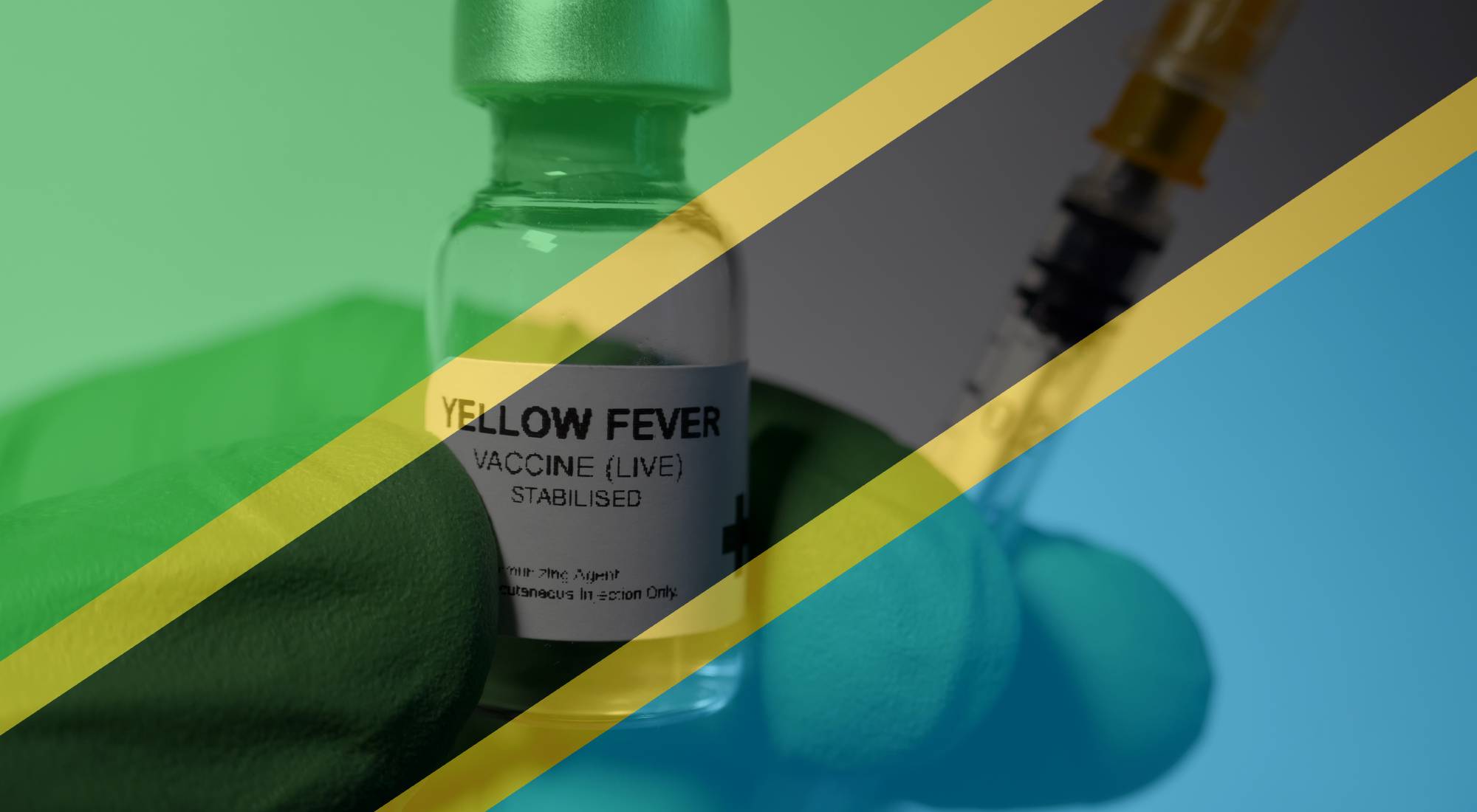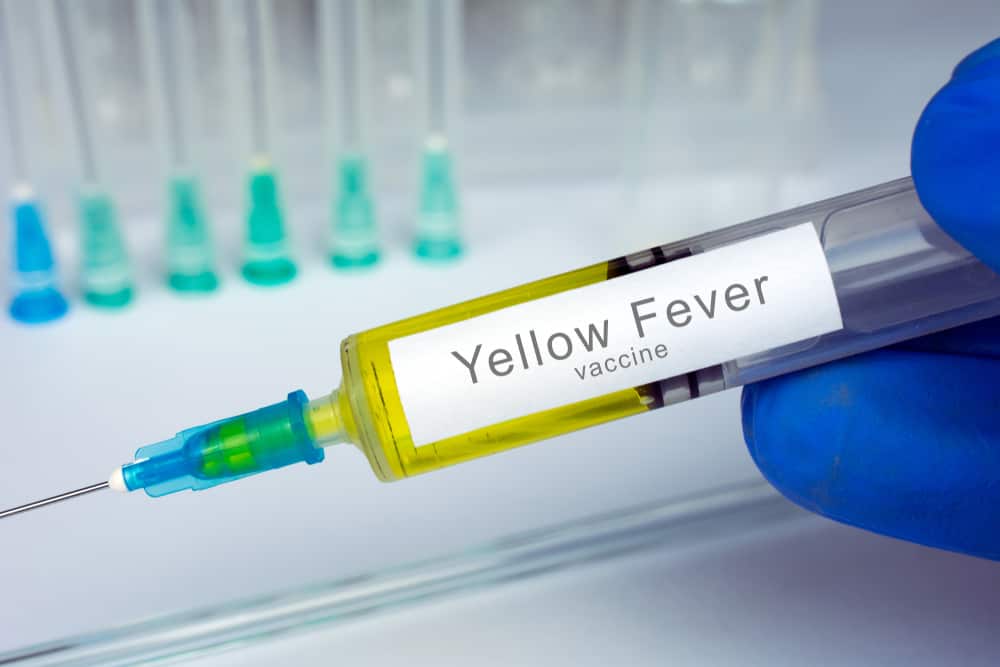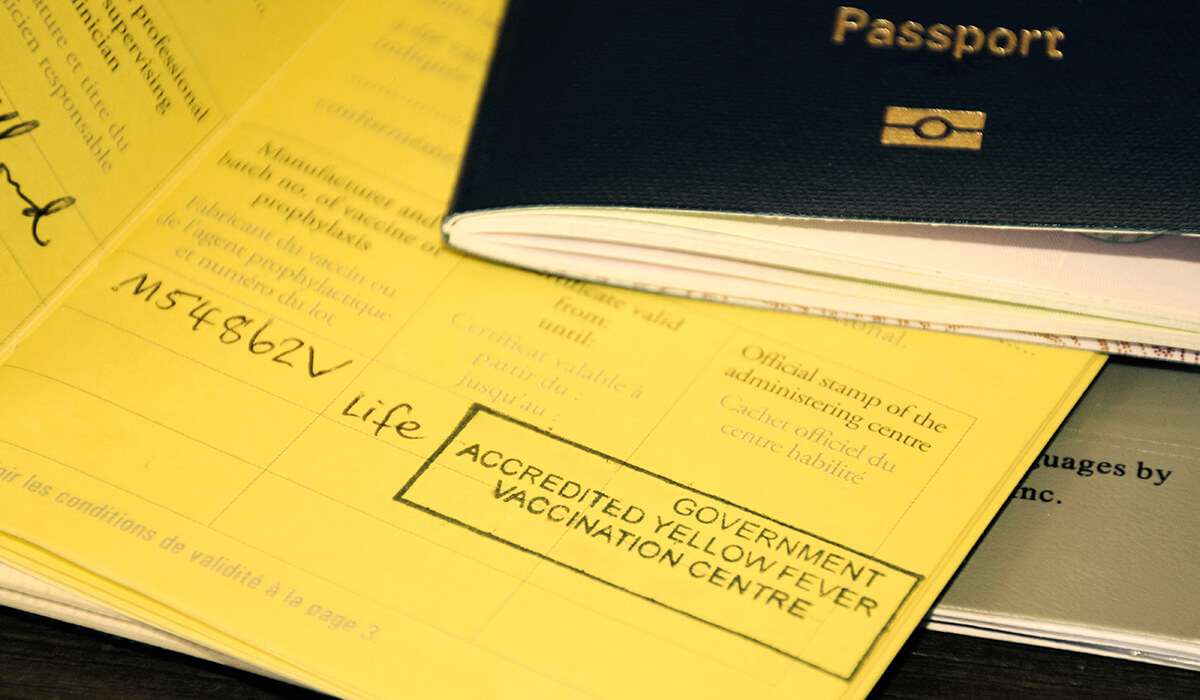Tanzania Yellow Fever Requirement: Who Needs the Vaccine
Traveling to Tanzania? Before you go, it’s important to understand the yellow fever requirements set by the Tanzanian government. Failure to comply with these requirements can result in denial of entry or even vaccination upon arrival. Protect yourself and ensure a smooth trip by familiarizing yourself with Tanzania’s yellow fever regulations.

What is yellow fever?
Yellow fever is a viral disease spread through mosquito bites. Symptoms of yellow fever typically take 3 to 6 days to develop and can include fever, chills, headache, and muscle aches. Yellow Fever is serious, with around 15% of people who get yellow fever develop a serious or life-threatening illness.
As Tanzania is safe from yellow fever, if you are directly traveling from Europe or the United States, there are no yellow fever vaccine requirements.
Who Needs the Vaccine?
Yellow fever vaccinations are mandatory for travelers aged 1 year or older arriving from countries with a risk of yellow fever transmission. This requirement also applies to individuals who have transited through such countries for more than 12 hours.
So, if you’re planning to travel to Tanzania from a country with a risk of yellow fever transmission, make sure you get vaccinated at least 10 days before your Safari. This gives the vaccine enough time to provide full protection.
What if you’re coming from a low-risk country?
If you’re arriving directly in Tanzania from a country with a low risk of yellow fever transmission, such as Europe, the USA, or Japan, you do not need to show proof of vaccination. However, it’s worth noting that this exemption only applies if you don’t spend more than 12 hours in a high-risk country during your journey.

list of countries for which a valid certificate of vaccination against yellow fever is required for entry in tanzania
Countries from Africa: Angola, Benin, Burkina Faso, Burundi, Cameroon, Central Africa Republic, Chad, Congo, Cote d’lvore, Democratic Republic of Congo, Equatorial Guinea, Ethiopia, Gabon, Gambia, Ghana, Guinea, Guinea Bissau, Kenya, Liberia, Mali, Mauritania, Niger, Nigeria, Senegal, Sierra Leone, South Sudan, Sudan, Togo, Uganda.
Countries from South America: Argentina, Bolivia (Plurinational State of}, Brazil, Colombia (Including Galapagos Islands), Ecuador, French Guiana, Guyana, Panama, Paraguay, Peru, Suriname, Trinidad and Tobago, Venezuela (Republic of Bolivarian).
What if you can’t get vaccinated?
Some individuals may have valid medical reasons that prevent them from receiving the yellow fever vaccine. In such cases, it is necessary to submit a medical certificate upon arrival. This certificate should clearly state the medical condition that prohibits vaccination. It’s advisable to consult with a healthcare professional before traveling to ensure that you qualify for a medical exemption.

What happens if you don’t have proof?
It’s crucial to adhere to Tanzania’s yellow fever requirements to avoid any inconveniences or potential health risks. Failure to provide a valid yellow fever vaccination certificate may result in denial of entry into the country. In such cases, travelers may be required to receive the vaccination upon arrival. Following the vaccination, the individual will be subjected to public health observation for up to 10 days.
Cost of Vaccination
If you need to receive the yellow fever vaccination upon arrival in Tanzania, be prepared to incur a cost of US $50. To avoid this expense, it’s recommended to get the vaccination at a designated Yellow Fever Vaccination Centre before your trip.

Where to Get Vaccinated
For those arriving by air at the major international airports such as Julius Nyerere International Airport in Dar es Salaam or Kilimanjaro International Airport in Arusha, yellow fever vaccination services are available on-site. After going through the immigration and customs process, travelers can find dedicated vaccination centers or clinics where they can receive the yellow fever vaccine and obtain the necessary certificate. These centers are typically located within the airport premises or in close proximity to the arrival terminals.
At land borders, the scenario can be slightly different. While some border crossings may have vaccination centers or health facilities nearby, it is not guaranteed that all border posts will offer this service. Given the potential variability in resources and infrastructure, it is advisable for travelers to check in advance whether the border they plan to cross has a yellow fever vaccination center. One way to obtain this information is by contacting the Tanzanian Ministry of Health or the border authorities directly, Or contact us ,we will help you.
If a border does not have a vaccination center, travelers may need to plan ahead and get the yellow fever vaccine in their home country or in a neighboring country before entering Tanzania. Make sure to obtain the official certificate, often referred to as the International Certificate of Vaccination or Prophylaxis (ICVP),which proves that you have been properly vaccinated against yellow fever. This certificate must be presented at immigration upon arrival in Tanzania.

Other travel vaccinations to consider
While yellow fever may not be a requirement, there are several other vaccinations that are strongly recommended for travelers to Tanzania. These vaccinations can protect you from other diseases that are prevalent in the country.
- Tetanus: Tetanus is a bacterial infection that can enter the body through cuts or wounds. It is recommended to have a booster shot every 10 years.
- Diphtheria: Diphtheria is a bacterial infection that can cause a thick coating in the back of the throat, making it difficult to breathe. It is recommended to have a booster shot every 10 years.
- Polio: Polio is a viral infection that can cause paralysis. It is recommended to have a booster shot if you haven’t had one in the past 10 years.
- Typhoid: Typhoid is a bacterial infection that is spread through contaminated food and water. It is recommended to have a typhoid vaccine if you are traveling to areas with poor sanitation.
- Hepatitis A: Hepatitis A is a viral infection that is spread through contaminated food and water. It is recommended to have a hepatitis A vaccine if you are traveling to areas with poor sanitation or if you are at risk of exposure.
- Hepatitis B: Hepatitis B is a viral infection that is spread through contact with infected body fluids. It is recommended to have a hepatitis B vaccine if you are at risk of exposure.
- Malaria: Malaria is a parasitic infection that is spread through mosquito bites. It is recommended to take antimalarial medication if you are traveling to areas with a high risk of malaria transmission.
- Rabies: Rabies is a viral infection that is spread through the bite or scratch of an infected animal. It is recommended to have a rabies vaccine if you are at risk of exposure, such as if you are planning to work with animals or if you are traveling to remote areas where medical care may be limited.
- Meningitis: Meningitis is a bacterial infection that can cause inflammation of the membranes covering the brain and spinal cord. It is recommended to have a meningitis vaccine if you are traveling to areas with a high risk of meningococcal disease.
- Routine immunizations: It is also important to ensure that your routine immunizations, such as measles, mumps, and rubella (MMR), and varicella (chickenpox), are up to date before traveling to Tanzania.
Ready to Book your Tanzania Safaris?
Our team of Tanzanian Safari Experts has more than 15 years of firsthand experience and knowledge in traveling Tanzania. Contact us now to create the perfect tailor-made itinerary that fulfills all your preferences and requirements. Read our TripAdvisor Reviews

